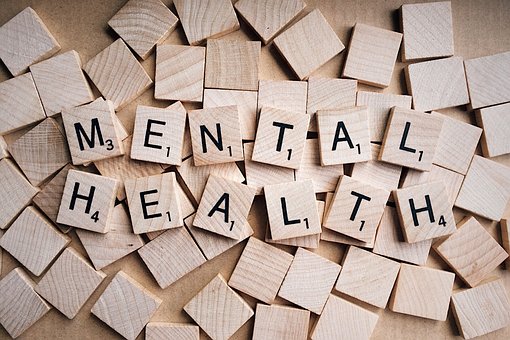The Minnesota Department of Human Services (DHS) requires certain services providers to be licensed, including childcare providers, adult carecenters, chemical dependency treatment programs, and mental health clinics. DHS is also in charge of making sure these licensed providers comply with Minnesota rules and laws.
Programs treating people with mental illnesses must be licensed by DHS. The two main types of mental health programs are residential treatment programs and mental health clinics/centers.
Residential Treatment Programs
In a residential program, a mentally ill person resides on-location while the program offers services and resources for the treatment of his or her mental condition on a 24-hour basis. Residential programs for children with mental illnesses are covered by Minnesota laws around child residential facilities (not discussed in this article).
In order to received a DHS license, residential treatment programs for adults with mental illnesses must follow standards set by “Rule 36” of the Minnesota Administrative Rules. Some program requirements under this rule are:
- Performing assessments of clients receiving care
- Developing and implementing programs to respond to the needs of each client
- Ensuring rights of clients, including their health and safety
- Certain staff qualifications, orientation and training
- Developing certain other policies and procedures for the program
There are two other types of license that residential programs may need to obtain from the Minnesota Department of Health: a Supervised Living Facility license or a Board and Lodging license. Special licensing requirements exist for residential programs that provide Intensive Residential Treatment Services (IRTS) or Crisis Stabilization Services for adults with mental illnesses. Review those requirements here.
DHS is responsible for monitoring licensed residential programs for adults with mental illnesses, making sure each program complies with its respective requirements. Residential programs applying for a license must pay a nonrefundable $550 application fee. The person applying for a license, the person with the highest decision-making authority in the program, and all staff members who will have direct contact with clients must clear a background study. A background study is similar to a background check, as DHS will review an applicant’s criminal history information.
Mental Health Clinics and Centers
At mental health clinics and centers, patients consult with a mental health team for the diagnosis and treatment of their mental health conditions. All services are provided on an outpatient (non-resident) basis. Mental health centers can provide a collaborative environment for clients with mental illnesses and other issues, such as chemical dependency.
These clinics and centers can chose to be certified via a license from DHS. Most clinics and centers chose to be certified for the purpose of being reimbursed by insurance companies and subscriber contracts. To be certified, clinics and centers must meet the standards set by “Rule 29”of the Minnesota Administrative Rules.
Mental health clinics and centers must have written procedures and policies in the following areas (some requirements not listed):
- Intake and Case Assignment. Clinics and centers need to have a procedure that outlines the intake process. The intake process includes reviewing a person’s mental condition and treatment needs in order to decide whether it is appropriate to accept that particular person into the program. A mental health professional is responsible for each case, and there should be documentation of the case assignment for assessing, diagnosing, and treating each client.
- Consultation and Case Review. Each clinic or center must have standards for case review and for mental health staff members to consult with each other on cases. To ensure this, the staff must have at least two meetings a month (must meet for at least four hours a month). The only exception to this meeting requirement is for staff that provide mental health treatment for less than 15 hours per week. These staff members are only required to meet two hours per month.
- Assessment and Diagnostic Process. Mental health clinics and centers are also required to create an assessment and diagnostic process. During the assessment portion of this process, the client’s mental, physical, developmental, family, social, psychological, and psychiatric histories will be collected and considered by an appropriate mental health professional. The professional then provides a diagnosis. This process determines each client’s mental condition and their need for clinical services.
- Treatment Planning. After conducting the assessment and diagnostic process, clinics and centers must have a procedure to develop individual client treatment plans. The client and mental health professional must work together to develop a treatment plan. The center’s treatment planning procedure must make sure the client is given adequate information about, among other things, his rights and responsibilities, the staff’s rights and responsibilities, treatment alternatives, possible outcomes and risks of the treatment, and approximate length and cost of the treatment.
- Emergency Services. Each mental health clinic and center must have clinical services to treat clients on an emergency basis, and procedures on how to use these services.
In addition to written policies and procedures, mental health clinics and centers have certain qualifications and requirements for staff members. Each center must have a minimum of four mental health professionals. At least two of these professionals must work a minimum of 35 hours per week, and they must be of different disciplines. The center must have at least one psychiatrist and one licensed psychologist. Other staffing standards for mental health professionals can be found here.






